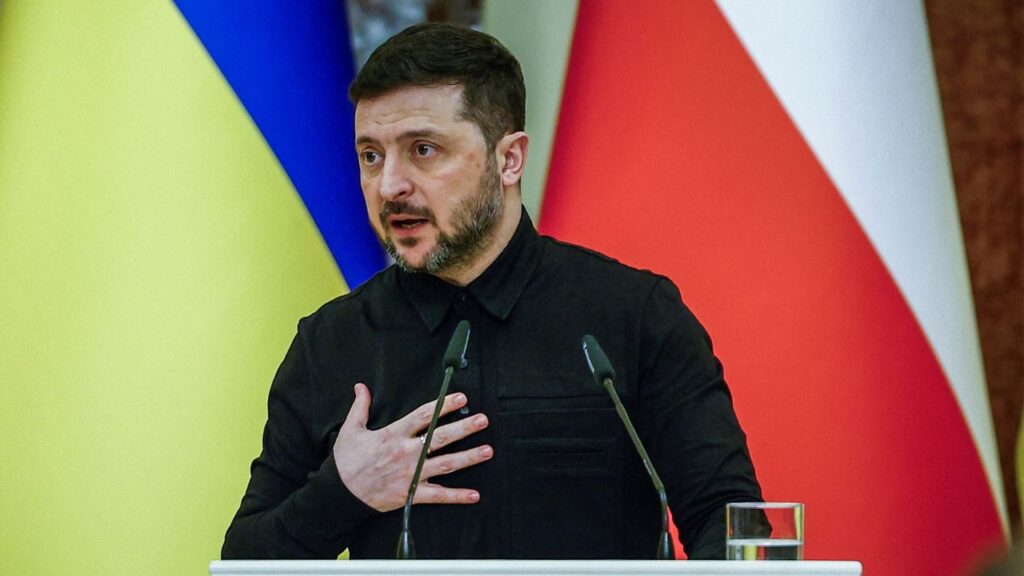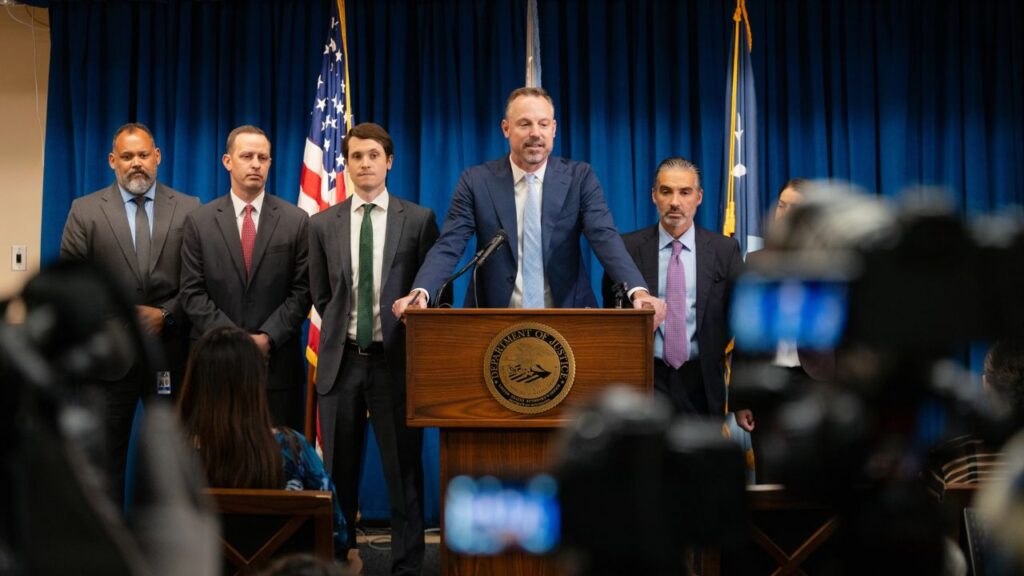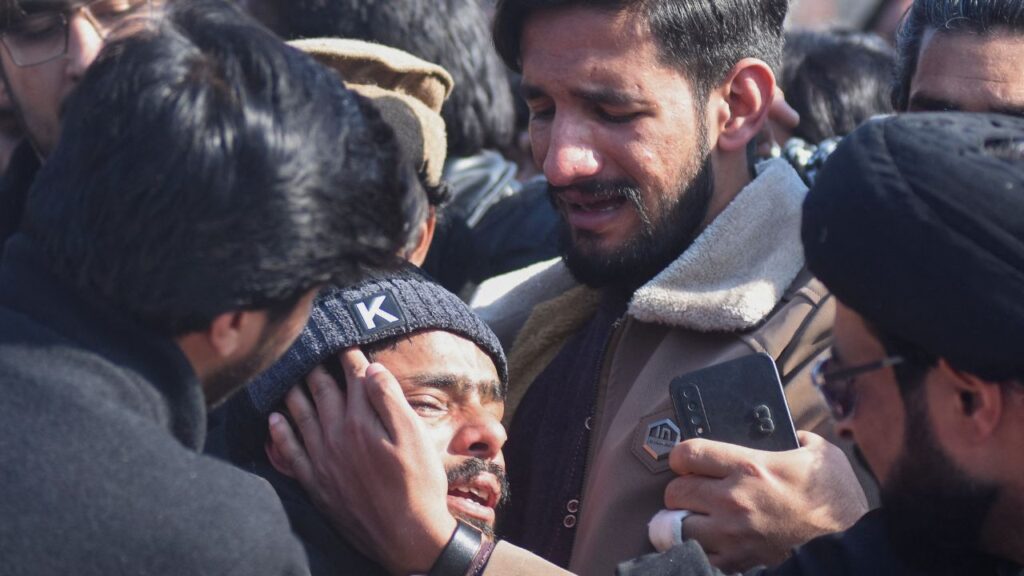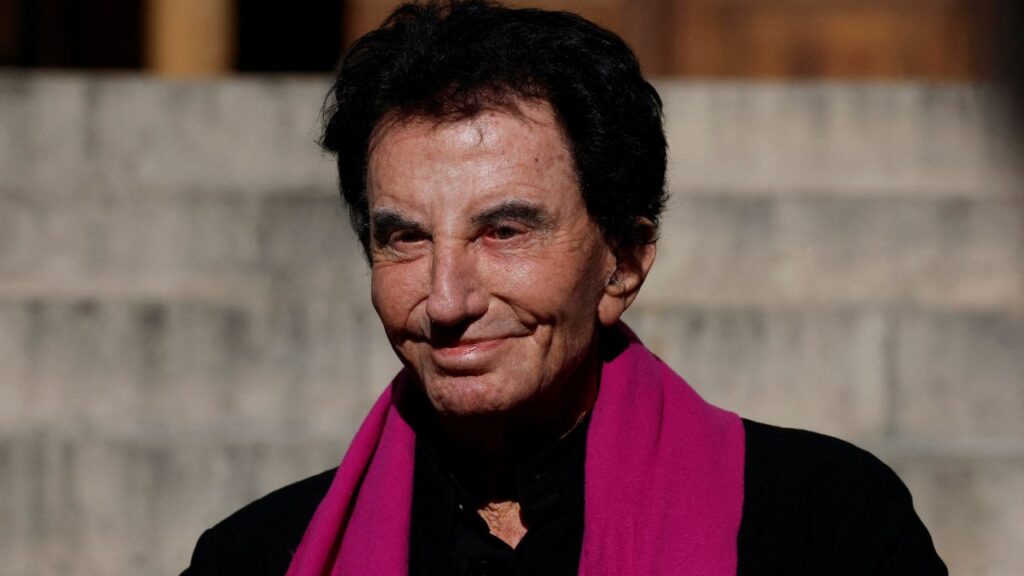Predicting the Next Pandemic
Share
[aggregation-styles]
Foreign Affairs Subscription
Political systems matter a great deal when it comes to disaster response. In general, democracies are better than autocracies at managing early warning systems: it is harder to suppress reports of an impending crisis in an open and transparent political system than in a closed system that incentivizes withholding unpleasant truths. In China, the central government sanctions local officials who fail to keep infectious disease rates below a prescribed level, thus encouraging them to underreport cases.
That is what happened last December, when officials in Wuhan—the city where the novel coronavirus originated—kept quiet and punished the doctors who first reported the outbreak. No bureaucrat likes delivering bad news to superiors, but officials in democracies are more likely to do so because they know that if they don’t, the legislative branch, civil society, think tanks, and media could publicize their failure to report.
It was this general logic that led the Nobel Prize–winning economist Amartya Sen to argue that no famine had ever taken place in a democracy. This claim has invited skepticism and critique, but Sen’s point that data collection and communications tend to be better in democracies was spot-on.
Read More →
Foreign Affairs Subscription
Political systems matter a great deal when it comes to disaster response. In general, democracies are better than autocracies at managing early warning systems: it is harder to suppress reports of an impending crisis in an open and transparent political system than in a closed system that incentivizes withholding unpleasant truths. In China, the central government sanctions local officials who fail to keep infectious disease rates below a prescribed level, thus encouraging them to underreport cases.
That is what happened last December, when officials in Wuhan—the city where the novel coronavirus originated—kept quiet and punished the doctors who first reported the outbreak. No bureaucrat likes delivering bad news to superiors, but officials in democracies are more likely to do so because they know that if they don’t, the legislative branch, civil society, think tanks, and media could publicize their failure to report.
It was this general logic that led the Nobel Prize–winning economist Amartya Sen to argue that no famine had ever taken place in a democracy. This claim has invited skepticism and critique, but Sen’s point that data collection and communications tend to be better in democracies was spot-on.
Read More →
By Andrew S. Natsios | 14 July 2020
RELATED TOPICS:
Categories
Latest
Videos

Animals /
20 hours ago


















